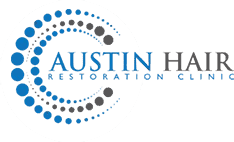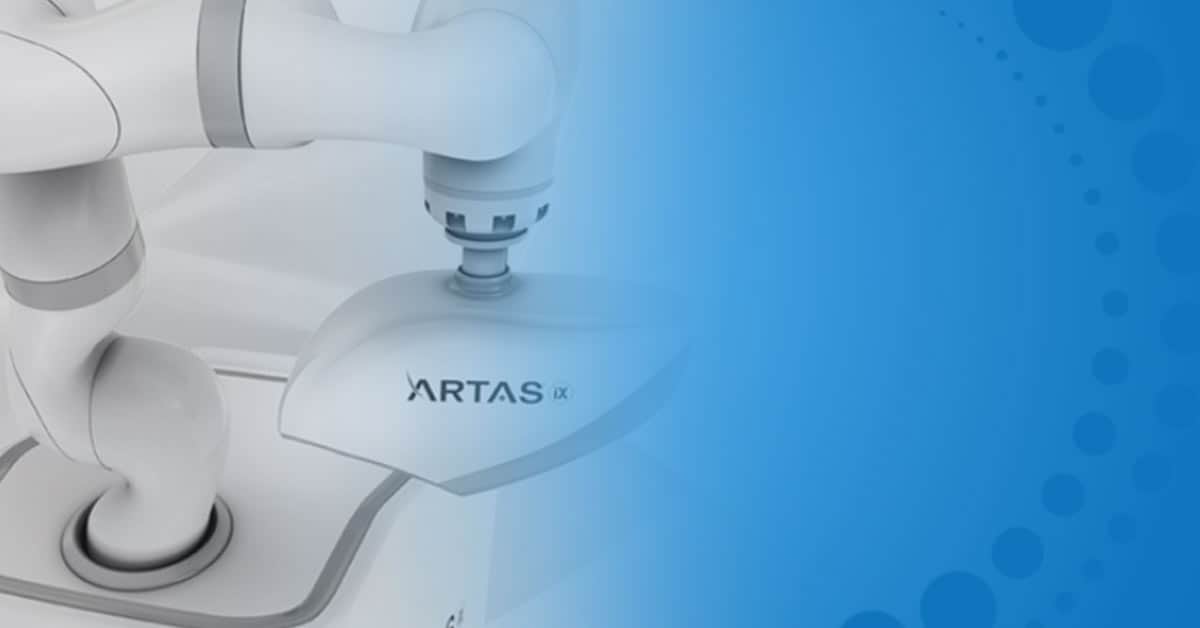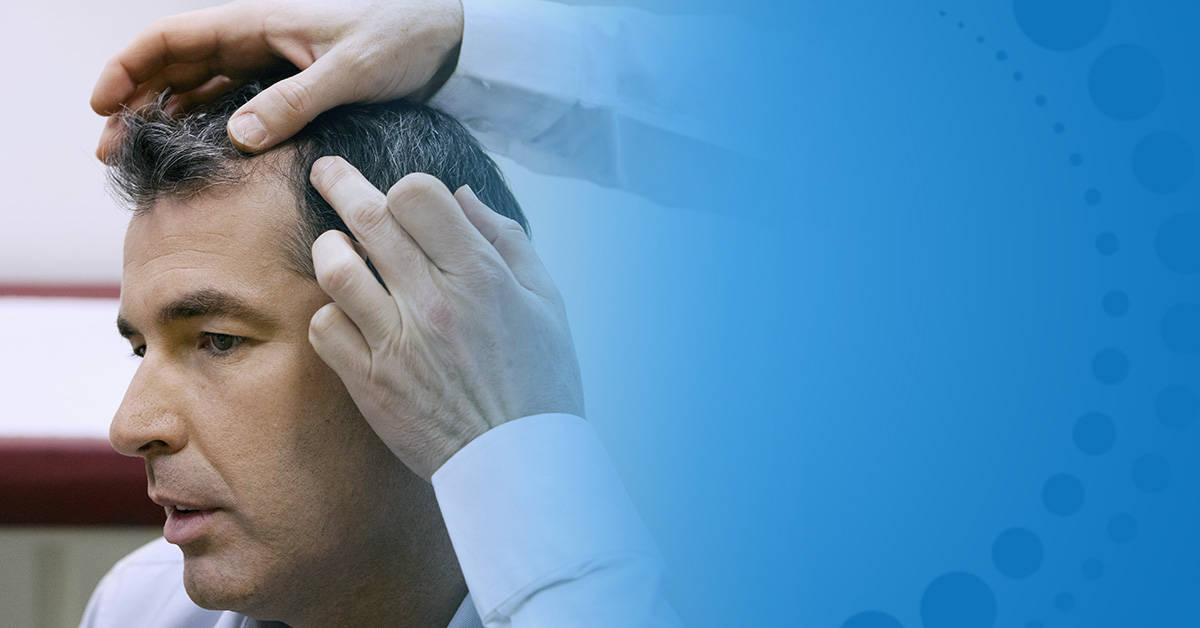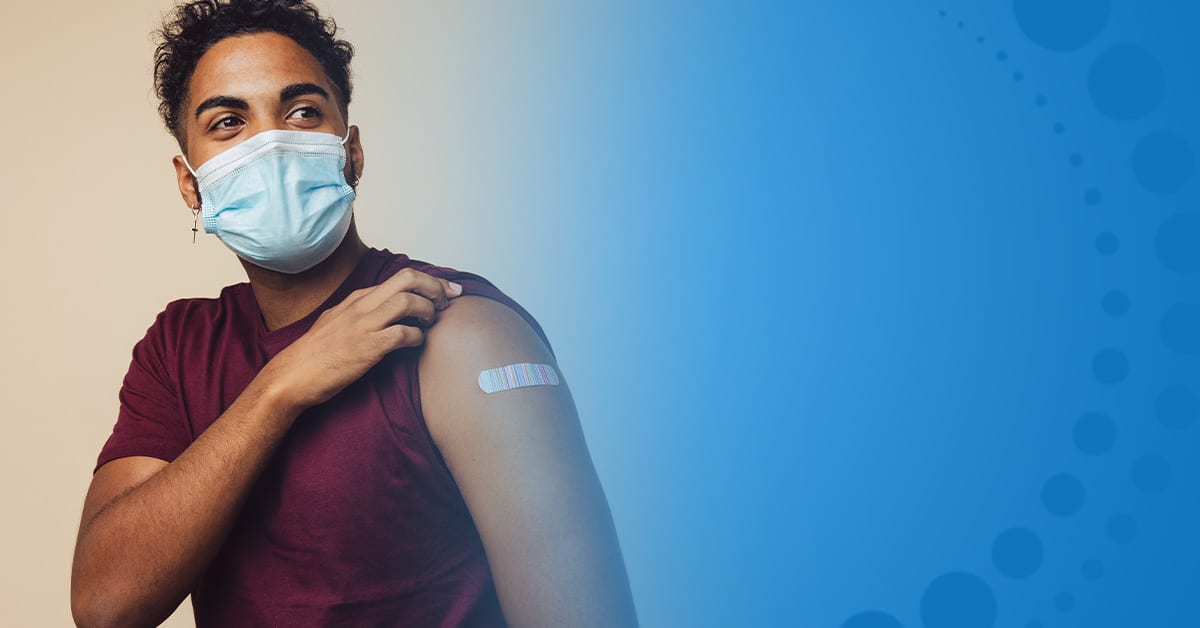Diet and Hair Loss

Diet is one of many possible causes of hair loss. This is no surprise, as what we eat has effects on every part of our bodies. Fortunately, diet is also one of the more controllable aspects of hair loss.
Can diet cause hair thinning?
A common reason for hair loss is the body not getting enough of the substances required for healthy hair growth and protection. According to the National Institute of Health, iron and zinc deficiency can lead to hair loss. This is a special risk for vegans and vegetarians, as their diets often have such deficiencies. Vitamin D deficiency is another possible factor in hair thinning.
Do foods cause hair loss?
WebMD lists three common ways that foods can cause hair loss:
- Vitamin A can cause problems when there is an overabundance in the body, which is called Vitamin A toxicity. One way that this can happen is from taking high doses of vitamin A supplements.
- Selenium is another nutrient that can cause hair loss if present in great amounts. Selenium is present in some foods such as certain seafood, Brazil nuts, and organ meats – but most people who have too much selenium in their bodies gained it from supplements instead of foods.
- Crash dieting has the potential to cause various nutritional and vitamin deficiencies… such as not enough protein, zinc, or fatty acids. These deficiencies can lead to a type of hair loss called telogen effluvium.
How does diet affect hair loss?
The National Center for Biotechnology Information says that very-low-calorie dieting (including intermittent fasting) can result in hair loss. A ketogenic diet, or keto diet, can do so as well.
One reason these diets can result in hair thinning and loss is through vitamin deficiency, including low levels of biotin (a type of vitamin B). Another reason is that the body is experiencing a reduction in fuel, so it devotes those resources to other parts of the body rather than hair growth.
Can hair loss be reversed through diet?
It depends upon what is causing the hair loss. Some foods do have potential to strengthen hair and reverse the conditions that lead to hair loss when it’s diet or stress related. AARP lists five foods that are beneficial to hair health:
- Carrots provide both vitamin A (via beta-carotene) and biotin. Kale, spinach, and sweet potatoes also provide helpful amounts of beta-carotene.
- Salmon is an excellent source of vitamin D, as well as omega-3 fatty acids, which can make hair more resistant to breakage.
- Egg yolks contain protein, iron, and biotin – all of which help keep hair healthy.
- Avocados provide vitamin B12, vitamin E, and a type of fat that can benefit hair quality. In addition to the benefit of avocados in one’s diet, an avocado hair conditioner can promote the body’s production of collagen and elastin (which help hair follicles stay anchored to the skin).
- Oysters are a great source of zinc – more than any other food, in fact.
Call Austin Hair Restoration About Your Hair Loss
If you are concerned about thinning or lost hair, give us a call at Austin Hair Restoration Clinic for a consultation. After an evaluation, we’ll determine which hair restoration method, including the ARTAS® Robotic Hair Transplant System, is best for your condition. Contact us today for a free consultation.
Dr. Sanjeev Dubey is an experienced hair restoration and emergency medicine physician in Austin, Texas. He holds a medical degree from the University of Texas Medical Branch (UTMB) and has been practicing medicine for over two decades. His affiliations include Seton Medical Center Austin, Seton Northwest, and various local hospitals.





